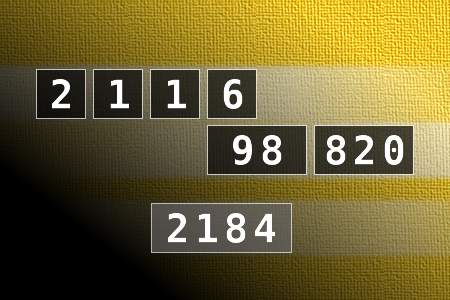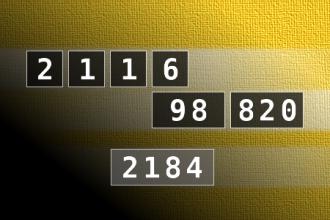Calculate the number 2184
NUMBERMANIA: Calculate the number 2184 using numbers [2, 1, 1, 6, 98, 820] and basic arithmetic operations (+, -, *, /). Each of the numbers can be used only once.Correct answers: 2
#brainteasers #math #numbermania

Question time....
Mr. Smythe had been giving his second-grade students a short lesson on science. He had explained about magnets and showed them how they would pick up nails and other bits of iron. And now it was question time....
"Class," he said, "my name begins with the letter 'M,' and I pick up things....What am I?"
A little boy on the front row said, "You're a mother."

